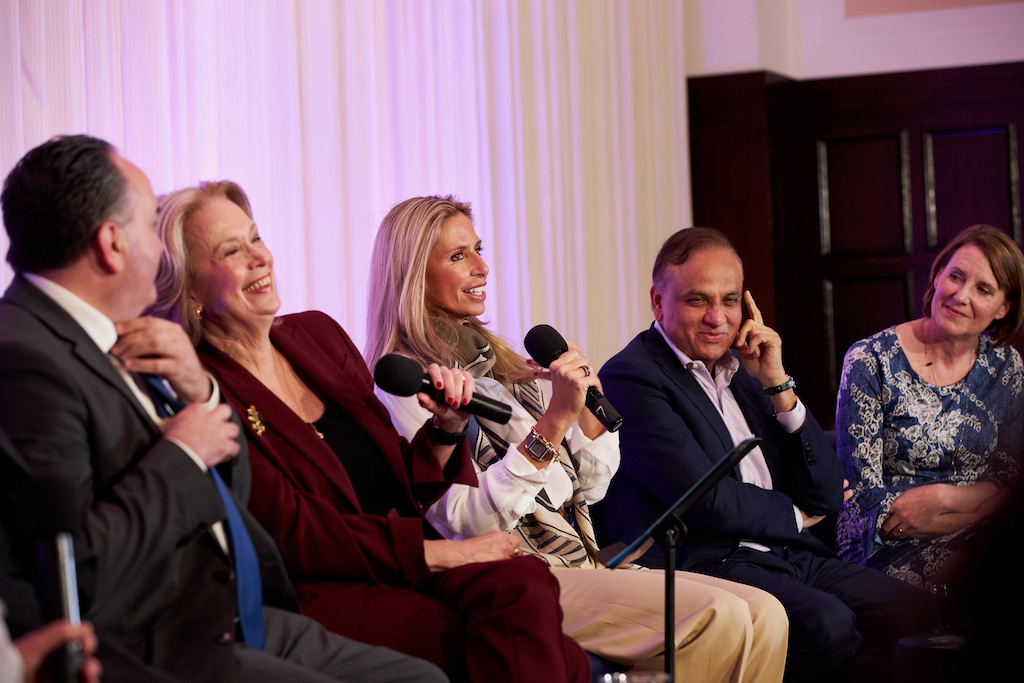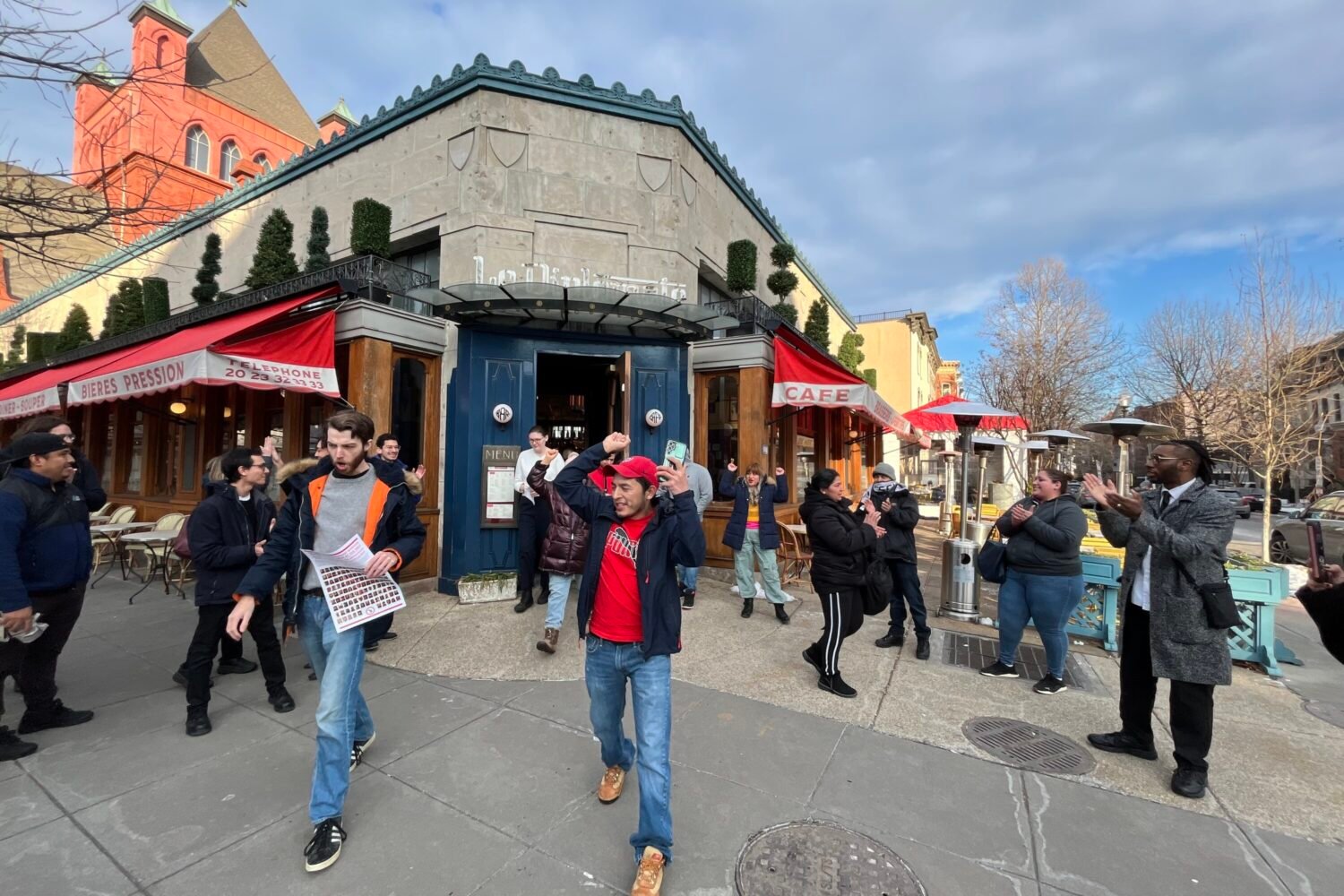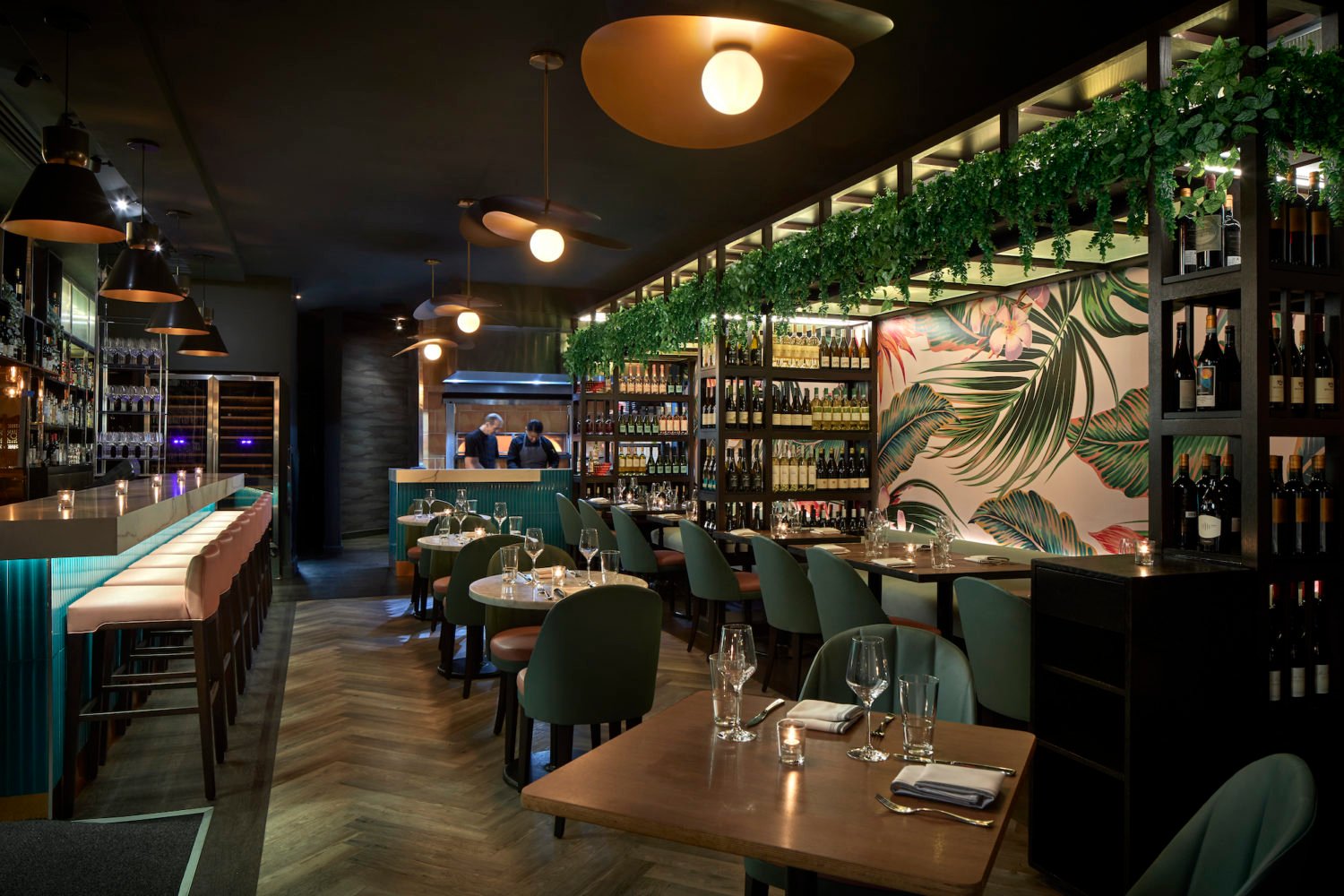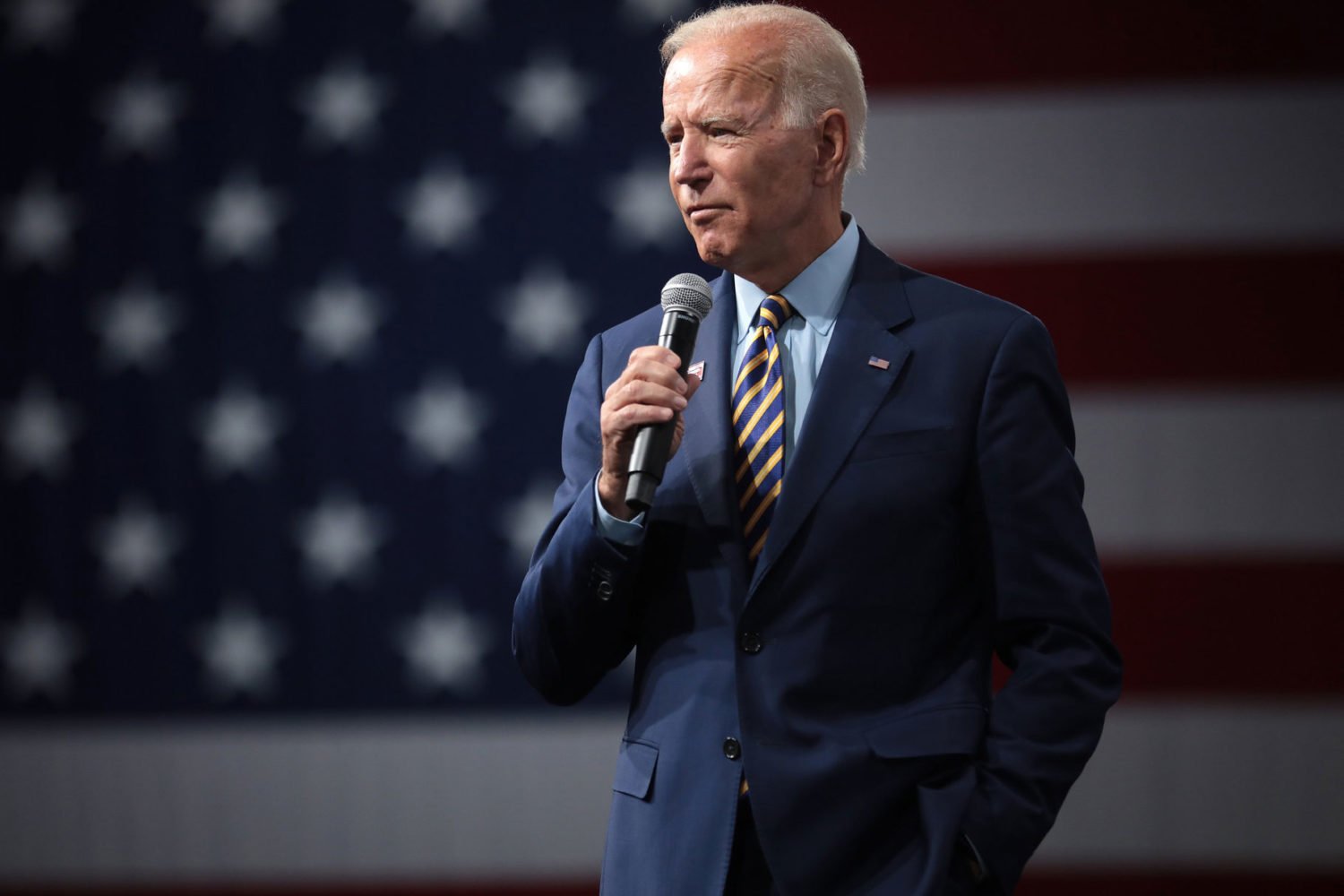Earlier this week, a group of DC dining power players gathered at the National Press Club to discuss a touchy topic for many business owners: politics, and how they should (and should not) play out in the dining room. Les Dames de Escoffier’s “Politics on the Plate” panel included restaurateurs who have served—and refused service—to high-ranking politicians, presidents, and foreign dignitaries, including Ashok Bajaj (Rasika, the Oval Room, and more); Cafe Milano general manager Laurent Menoud; Pizzeria Paradiso founder Ruth Gresser; Fiola/Fiola Mare/Sfoglina co-owner Maria Trabocchi; Centrolina chef/owner Amy Brandwein; and Stephanie Wilkinson, owner of the Red Hen in Lexington, Virginia.Here’s what they had to say about serving big wigs, getting deluged with hate mail, and knowing when to throw out a practical joke.
Restaurants don’t always know when high-profile guests are coming.
Last June, Sarah Huckabee Sanders walked into Lexington restaurant the Red Hen (no affiliation with the DC Italian spot that has the same name) hoping to have dinner. Owner Stephanie Wilkinson said she and her staff were uncomfortable serving Sanders and they all agreed to ask her to leave. “I feel as though our world is turning toward a place that obliges us to stand up for some sorts of conscious things that we just have to stand behind,” Wilkinson said at the panel. When the incident hit the news, chaos ensued for the restaurateur and her staff. The 26-seat dining room had to close for nearly two weeks, and she and her team dodged threats and hate mail for months. “This was not a considered thing. This is not something we planned to do,” said Wilkinson. “We didn’t intend to become the ‘resistance restaurant.'”
Restaurants in the District cannot kick out a customer for their politics, but they can show them the door for being disruptive.
Ashok Bajaj, CEO of Knightsbridge Restaurant Group, said that there is no “blue” or “red” when it comes to hospitality—it’s actually illegal in DC to ask a guest to leave a restaurant because of their politics. That said, Maria Trabocchi recalls summoning the police to remove protestors who were harassing Senator Ted Cruz, who was then dining at Fiola. A group walked into the luxe dining room, surrounded Cruz and his wife, and began yelling and chanting. Trabocchi managed to escort the couple out of the room to keep them safe. Once the crowds were cleared, the Cruzes departed.
Even Prime Ministers like to have fun.
When former British Prime Minister Tony Blair headed into one of Maria Trabocchi’s establishments, she had gotten a heads up that he was coming. Blair’s security team, dressed in red uniforms, had been surveying the premises for hours before his arrival. When the PM finally walked through the door, Trabocchi decided to have a little fun: “In he walks, and I’m like, ‘Good evening. Welcome. Did you have [a reservation]?’ So he’s looking at me, and he’s like, ‘Uh, uh, yeah.'” Trabocchi asked for his last name and the spelling. He obliged, and she pretended she didn’t have him on the books. Once the jig was up, they had a laugh before Blair was seated.
Bad publicity can have an upside.
Back in 2011, Cafe Milano was targeted as the site of an assassination plot against the Saudi Arabian ambassador to the US. The bombing never happened and the perpetrator was arrested, but general manager Laurent Menoud says that when the news broke, the Georgetown spot was flooded with people—including tourists from Saudi Arabia—who wanted to see the ambassador’s table.
The secret service often isn’t the only security on the scene.
Sometimes, if a restaurant knows a big name is coming, it will call in extra security, who are often in plain clothes. “It’s a new era—we have to be careful,” said Menoud. The manager said he and his staff now take precautions like prohibiting single stragglers in search of a bathroom from hauling backpacks or luggage inside the restaurant.


















